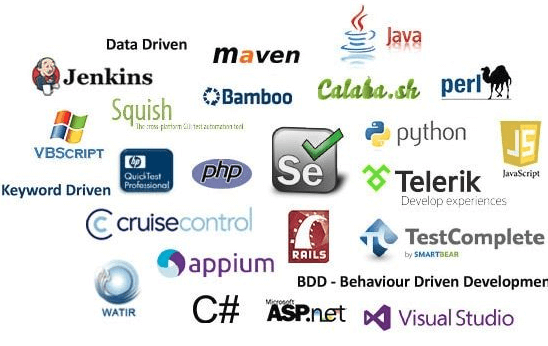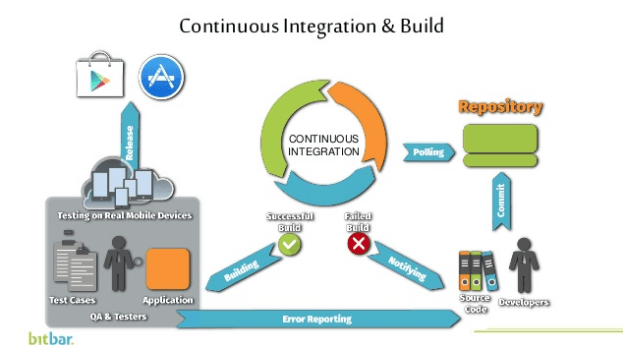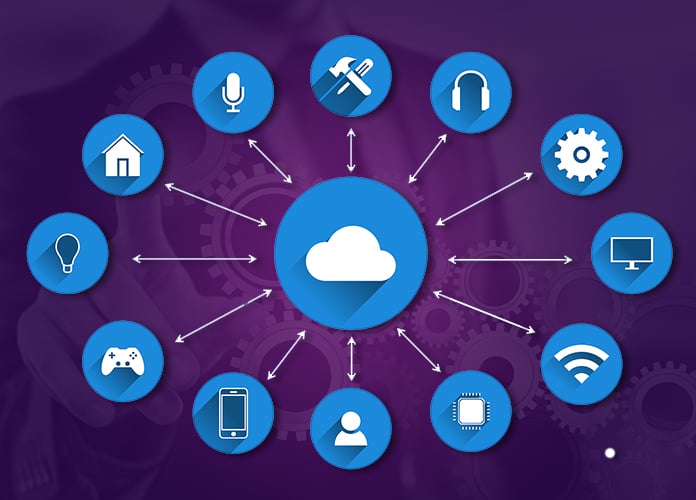Looking for the best way to get success in the test automation? If yes, then the first thing you need is – right tools for your project. Today, with the advancement in the technologies, there are many commercial as well as open source tools available. This made choosing the right automation testing tool a challenge. Perhaps, change and upgrade are the integral trends in technology and software development practice. So, you need to choose the right tool to make your automating testing a great hit.
As, the R&Ds around the globe continuously work to bring changes in development practices and Continuous Integration, their main aim is to enhance the overall productivity and to confirm the delivery in a lesser time possible. These changes not only brings more customer satisfaction but also gives you an insight into the latest trends in the IT market. Talking about Automation and Continuous Integration, they both go hand in hand. Out of the three major trends, that is; Automation, Continuous Integration and DevOps methodology.
Let’s have a look at these terms precisely.
1. Automation Test
These tests are one of the most essential parts of any CD/CI pipelines. With a flawless and good coverage test, there will be no successful CD/CI pipeline. As simple as that!
2. Continuous Integration
In this test, team members integrate their work often. This can be on daily basis. Each integration is normally verified by an automated build in order to detect errors frequently. This leads to reduced integration problems and develops the software quickly.
3. DevOps
This is a combination of development and operations. This software development technology seems like integrating all the functions of software development within the same cycle.
So, after understanding the definitions, let’s talk about Automation and it’s testing tools;
In the sector of test automation, the tools without a doubt take the centre stage. This writes up, covers some of the best Automation Tools and their frameworks that holds huge potential to help IT companies in keeping up with the changing trends in software testing.
Below mentioned are commercial and open source automating testing tools;

1. Selenium
Are you highly honed at advanced programming and scripting skills? If yes, then this open source test framework is their best choice. The framework tool came out in early 2000 and took an evolution of over a decade. This automation testing tool goes well with almost all the operating systems such as; Windows, Linux and Mac. Along with that, Selenium runs smoothly on almost all the browsers.
2. Katalon Studio
Katalon Studio is yet another powerful test automation framework that works well with mobile, web services and applications. This is one of the easiest to use tools for those who are non-programmers and wish to kick-start an automation testing project. Inspired by the Selenium and Appium technology, this framework takes the advantage of both Appium and Selenium for the better outcome.
3. UFT
Also known as Unified Functional Testing, this tool goes comprehensively with mobile applications, GUI desktop testing, web services and API. This commercial tool is fully laced with features such as; advanced image recognition, automated documentation and ability to reuse test components. It uses Visual basic scripting for rendering object-control and testing processes.
4. IBM R.F.T.
Also known as Rational Functional Tester, this data-driven platform for testing provides a wide range of applications, such as; Ajax, Flex, SAP,Net and Java. This framework also enables you to have recorded visuals of AUT progress in Screen-shots. Besides, it can also be integrated with IBM Jazz application lifecycle management systems such as; IBM Rational Team Concert and Rational Quality Manager.
If the concept of Continuous Integration is pretty much familiar to you, then you must know the importance of it and the tools that fall in this category. As you go down the article, you will better understand what these tools are and what significance do they hold.
Below given are the CI tools

1. Jenkins
This Java-based open source CI tool came out from Fork of Hudson when Oracle took over and bought the Sun Microsystems. This framework offers both GUI interface and console commands. What makes this tool more interesting is, it is well enriched with extensions that accelerates through plugins. You can easily add your own plugin from the Jenkins plugin list.
2. TeamCity
This framework offers its entire features in its free of cost version. However, the proficiency is decreased to a certain limit. To use the full potential of this integration tool, you need to buy it. Owned by JetBrains, the company has recently started providing cloud trial of this tool, that allows you to use it without needing to install it on your system. The trial is limited to 60 days and if satisfied, you can buy it afterwards.
3. Travis CI
Travis CI is available for all open sources and offers an on-premise version to see if it satisfies you. This is one of the oldest hosted integration solutions, that has gained the trust of various users. Supporting almost all sorts of technical languages, it is backed with good documentation. The paid plans that it offers, are pretty much cost effective and market competitive.
4. Go CD
This is yet another Integration solution that works well to satisfy your expectancies. This stand out Integration framework, makes the rendering and modeling of the complex build go easy and smooth. It eliminates the bottlenecks in the process and runs parallel to the pipeline. The tools are absolutely free but come with paid support.
CONCLUSION
With so many automation tools to choose from, it can be somehow challenging for businesses to pick the right one that enables you to create, test and scrutinize regularly. However, you can try out diverse tools as per your needs and their capabilities. You can look for feature-rich tools that provide sufficient support and offer integrations. Undoubtedly, the right tools are the one that offers a way to agility and offers to continue testing to achieve Continuous Delivery.



